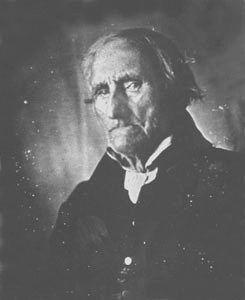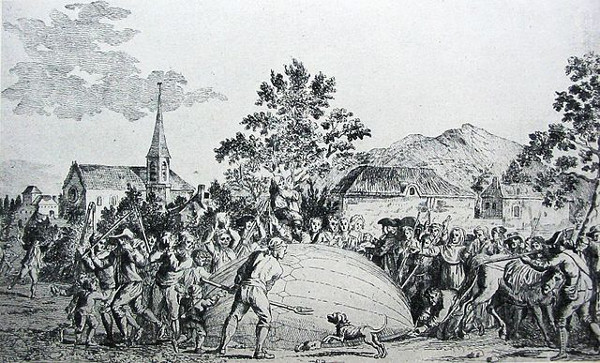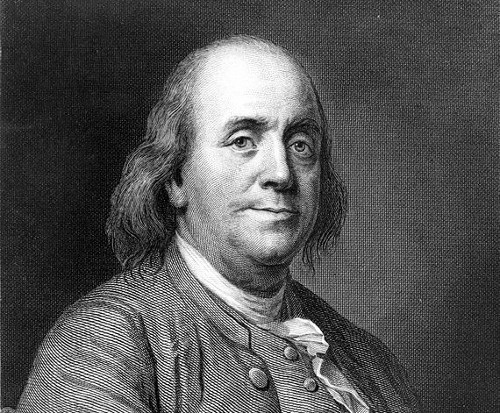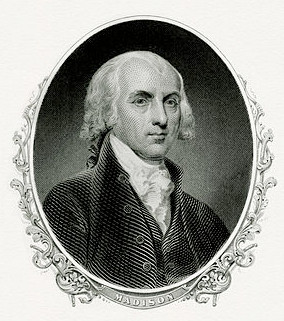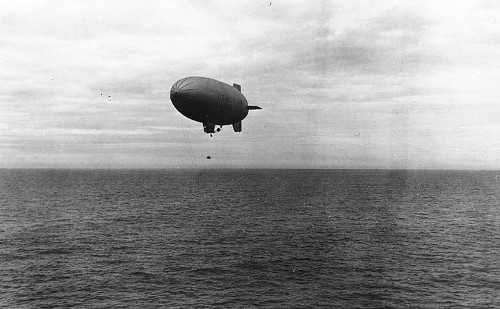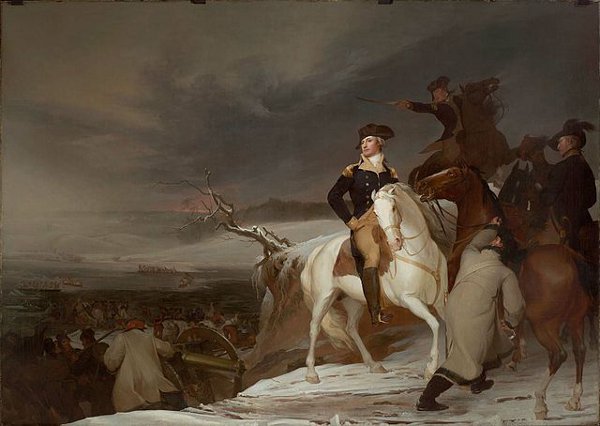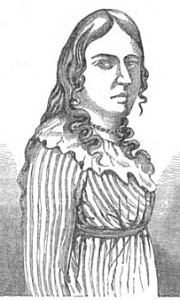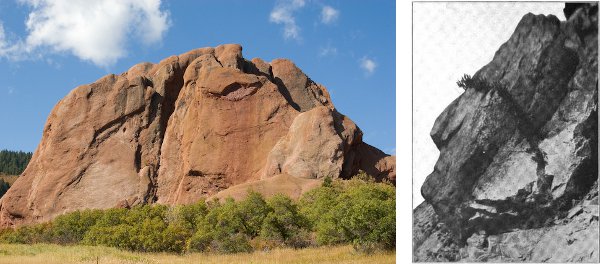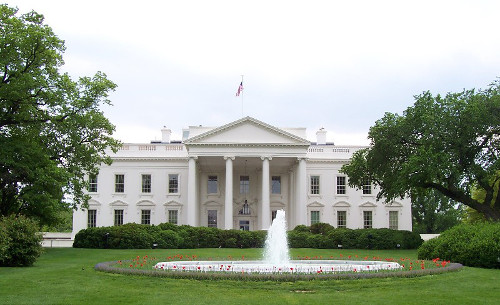
George Washington: “So much is expected, so many untoward circumstances may intervene, that I feel an insuperable diffidence in my own abilities.”
John Adams: “If I were to go over my life again, I would be a shoemaker rather than an American statesman.”
Thomas Jefferson called the presidency “a splendid misery.” He said, “To myself, personally, it brings nothing but unceasing drudgery and daily loss of friends.”
John Quincy Adams called his term “the four most miserable years of my life.”
Andrew Jackson: “I can with truth say mine is a situation of dignified slavery.”
Martin Van Buren: “As to the presidency, the two happiest days of my life were those of my entrance upon the office and my surrender of it.”
Buchanan to Lincoln: “”If you are as happy in entering the White House as I shall feel on returning [home], you are a happy man indeed.”
Lincoln: “You have heard about the man tarred and feathered and ridden out of town on a rail? A man in the crowd asked how he liked it, and his reply was that if it wasn’t for the honor of the thing, he would rather have walked.”
Ulysses Grant: “I have been the subject of abuse and slander scarcely ever equaled in political history.”
Rutherford B. Hayes, on leaving office: “The escape from bondage into freedom is grateful indeed to my feelings. … The burden, even with my constitutional cheerfulness, has not been a light one. Now I am glad to be a freed man.”
James Garfield: “My God! What is there in this place that a man should ever want to get into it?”
Grover Cleveland: “I believe I shall buy or rent a house near here, where I can go and be away from this cursed constant grind.”
Teddy Roosevelt, to the incoming Taft: “Ha ha! You are making up your Cabinet. I in a lighthearted way have spent the morning testing the rifles for my African trip. Life has its compensations.”
Taft: “I’ll be damned if I am not getting tired of this. It seems to be the profession of a president simply to hear other people talk.”
Taft to Wilson: “I’m glad to be going — this is the lonesomest place in the world.”
Woodrow Wilson: “I never dreamed such loneliness and desolation of heart possible.”
Warren G. Harding: “This White House is a prison. I can’t get away from the men who dog my footsteps. I am in jail.”
Herbert Hoover: “A few hair shirts are part of the wardrobe of every man. The President differs from other men in that he has a much more extensive wardrobe.”
Harry Truman: “Why in hell does anybody want to be a head of state? Damned if I know.”
Bill Clinton: “Being a president is a lot like running a cemetery: There are a lot of people under you, but nobody’s listening.”
